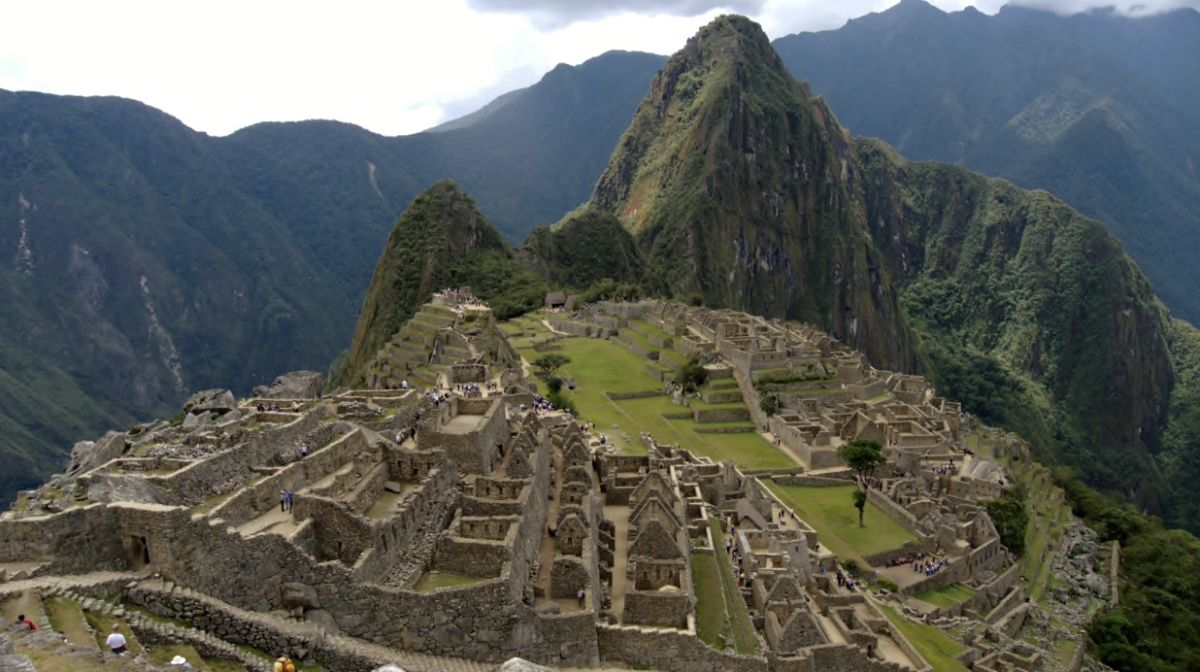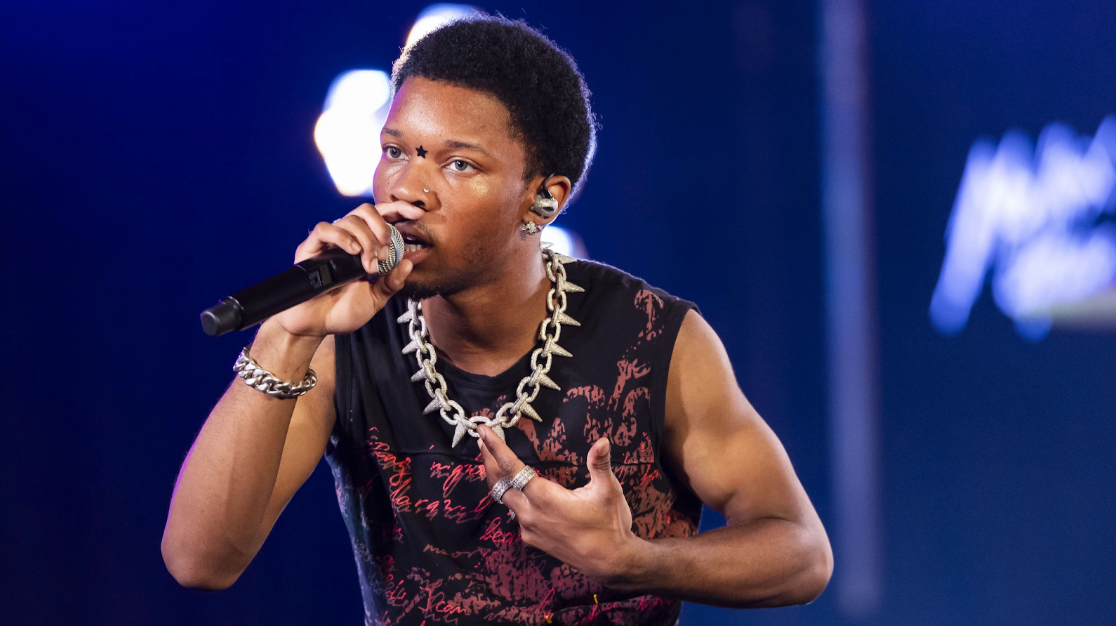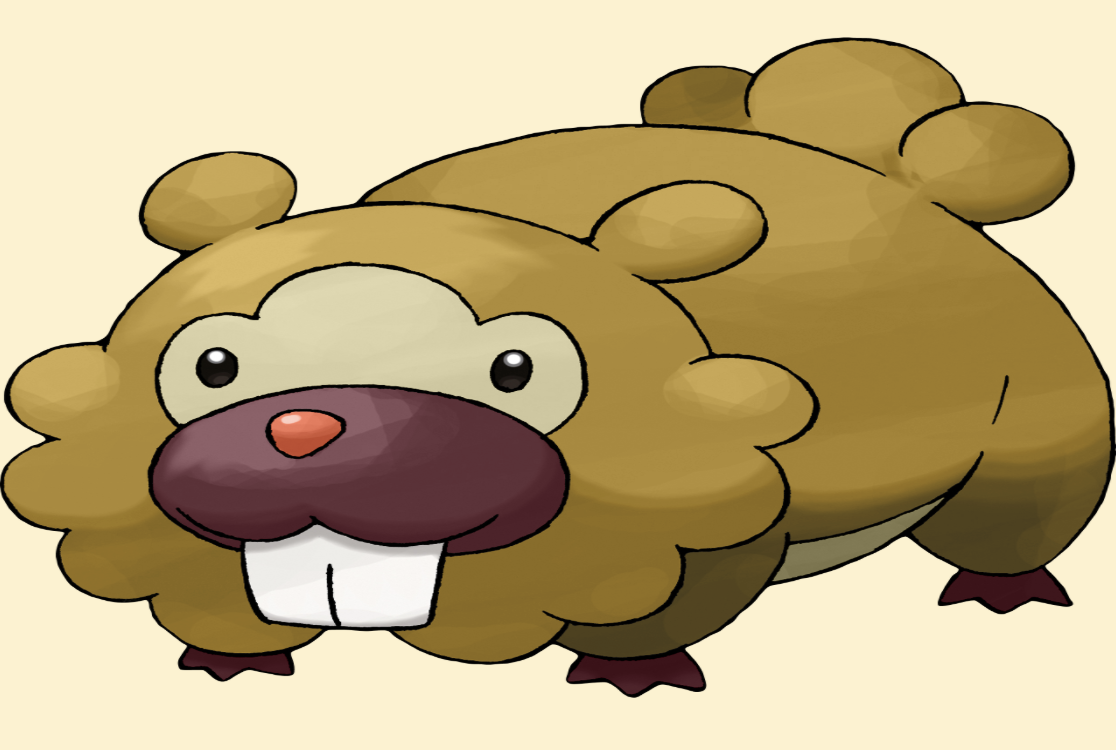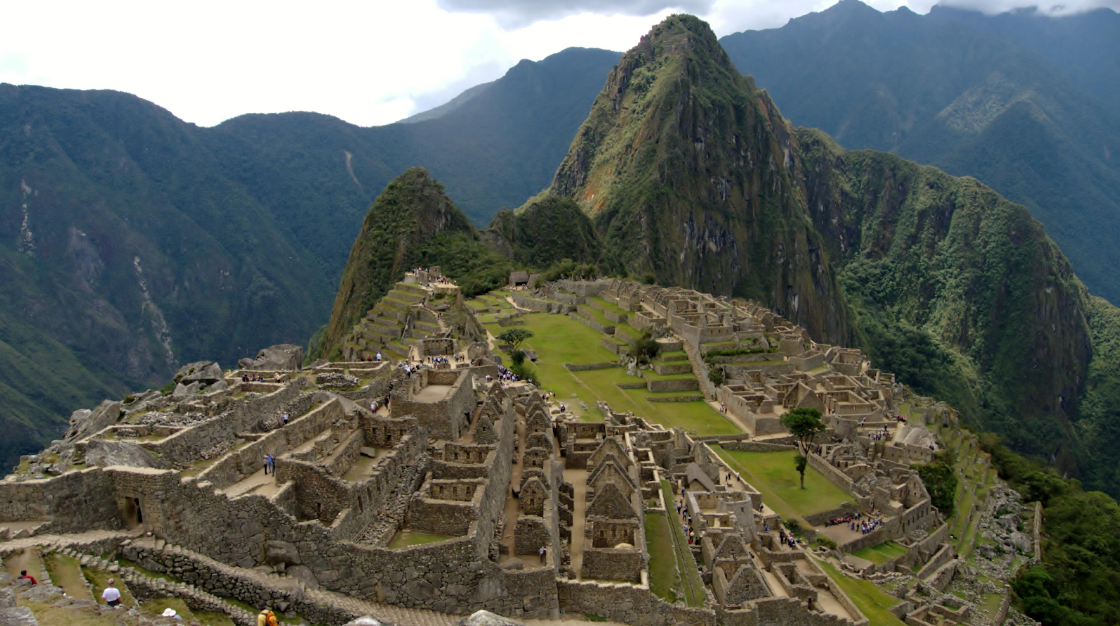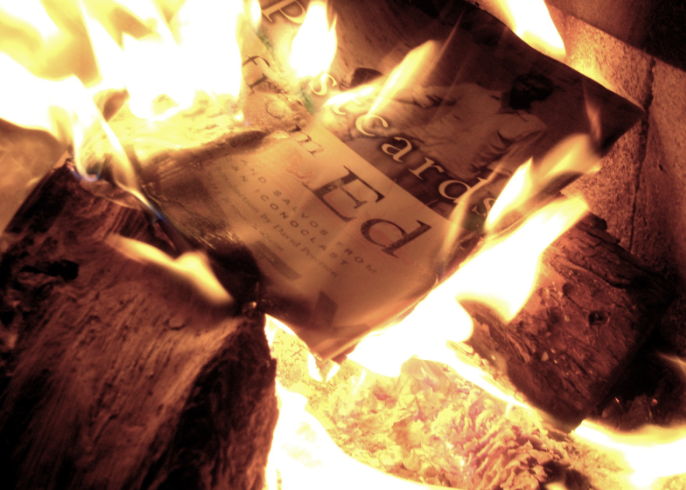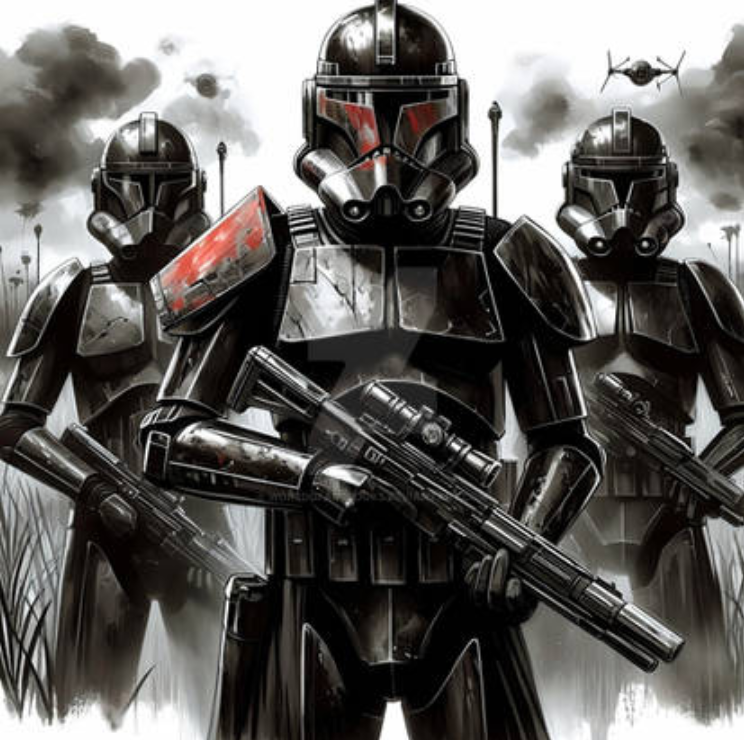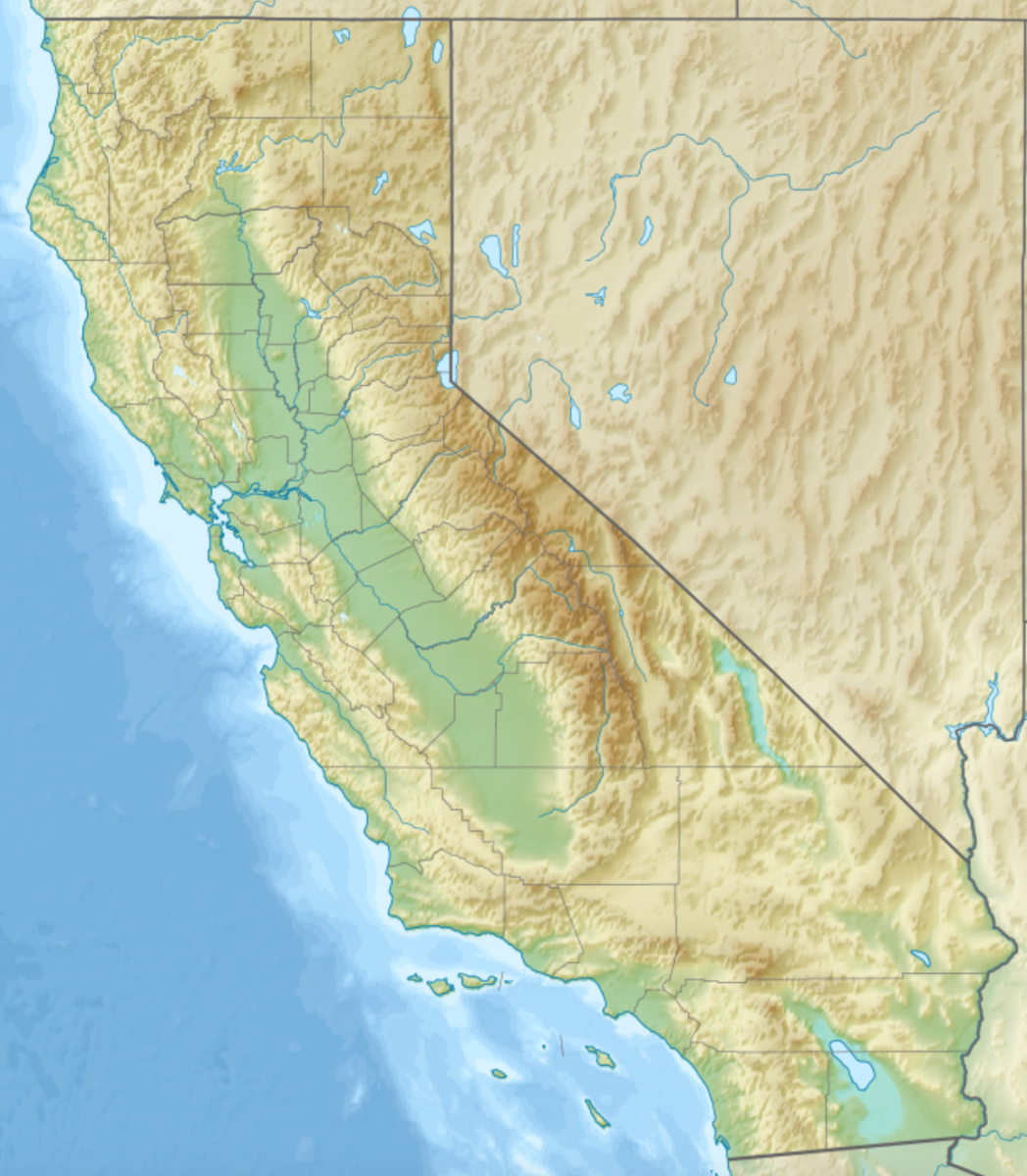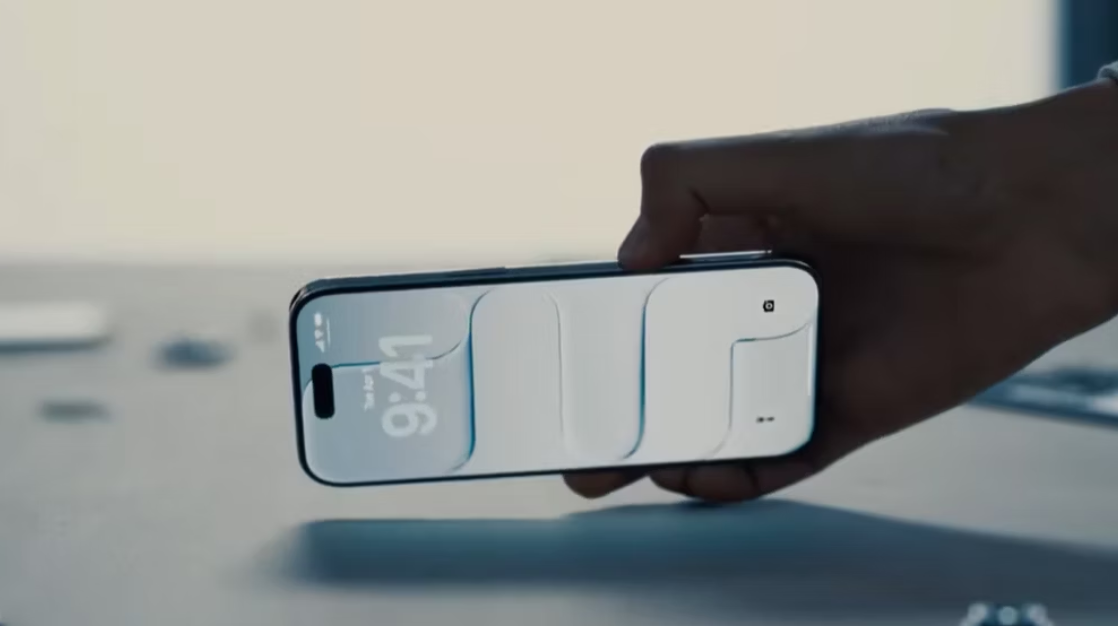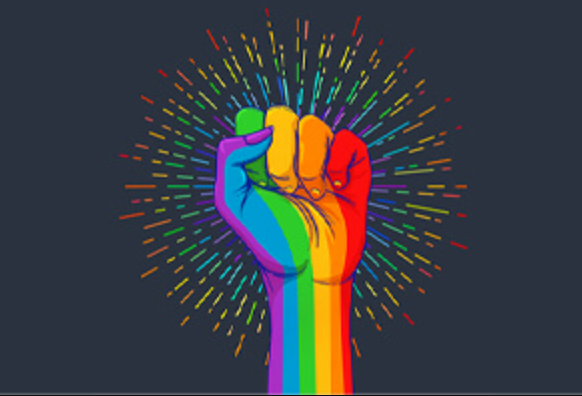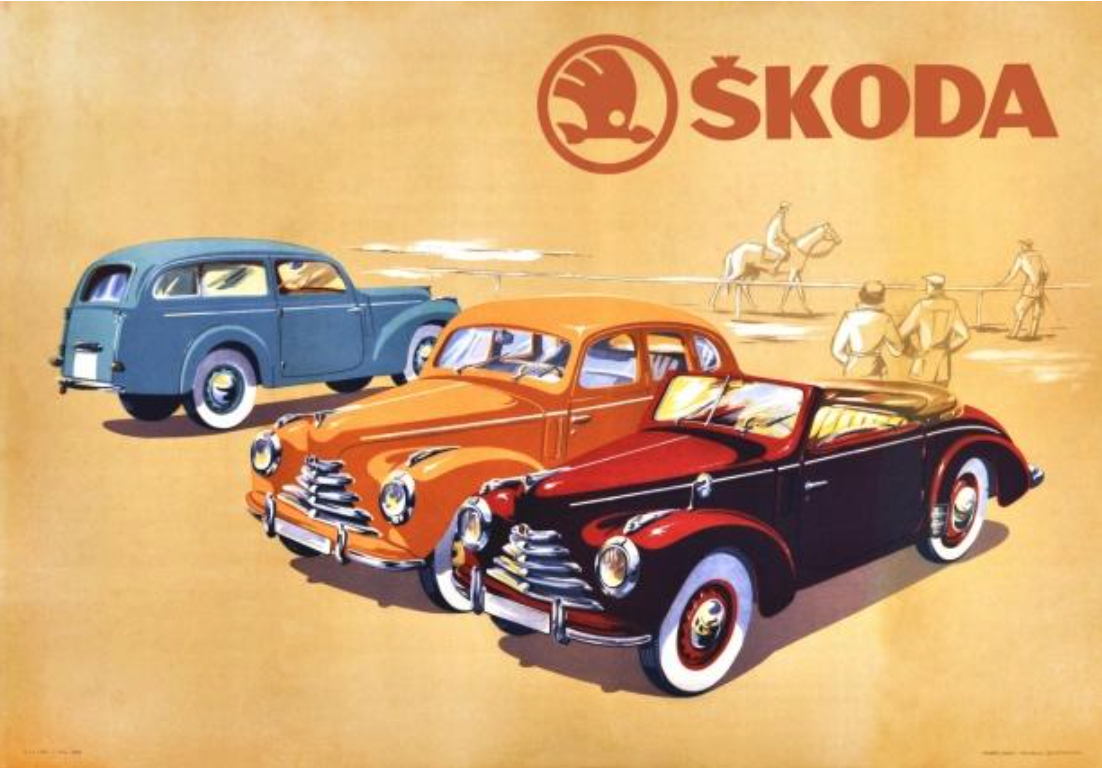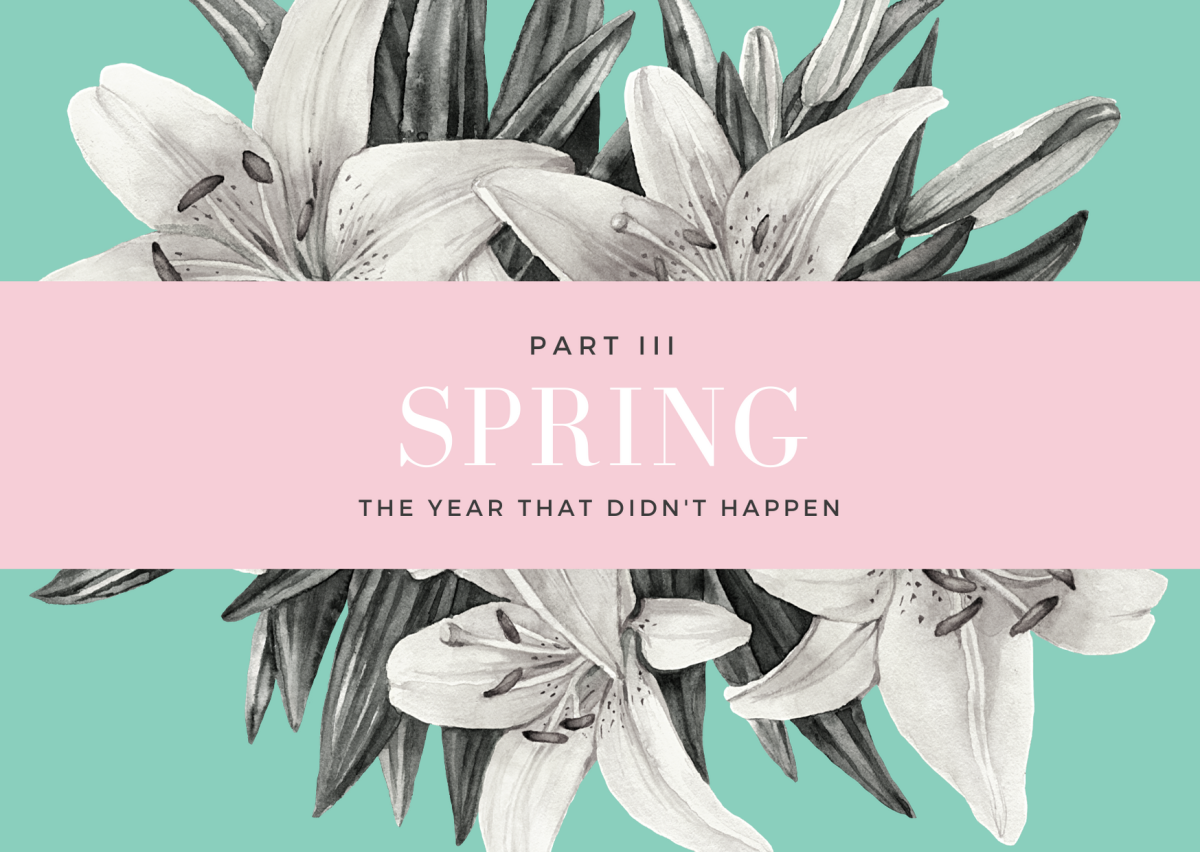Previously Published Jun 2. 2021
The night it happened, I must have stayed out longer than I should have, but not quite past curfew because I never had one. It was always a tacit rule in my household that if my report card came back with a clean line of A’s, I was free to do as I pleased.
It was unexpected in the way that you anticipate storms to swallow the sky after the rupturing calm, but never quite expect the storm until the howling winds rattle your bones and pluck at your teeth.
I remember what I ate the night it happened: tagliatelle pasta doused in rich cream sauce abed chunks of crab meat. “Pasta Armellino,” after its namesake restaurant. Philz hot chocolate, intoxicating as ever. Matcha roll cake with raspberry jam from the overpriced patisserie at the edge of Main Street Cupertino. I remember these details because, in the company of my friends, it was hard not to. The food was eating me alive, and we knew it because soon enough, we would all part our separate ways, and these blueing memories will be the only things we have left to hold onto.
It had a name, but I wouldn’t discover it until much later until I said my first goodbyes.
It happened too quickly: the metallic click of the elevator button, the narrowing of the corridor, the familiar clanking of the front door when I pulled it shut.
All the lights were on. But it felt darker than ever.
//
Dear God, if you are a season, let it be the one I passed through to get here.
Here. That’s all I wanted to be.
I promise.
―Ocean Vuong, Night Sky with Exit Wounds
//
Spring used to be my favorite season: a season of budding blossoms weighing heavy on tree branches, birthdays, graduations, new beginnings.
I learned too late that it is first and foremost a season of goodbyes.
//
During my last week of seventeen, I vaulted myself into adulting practice. Not driving, because I was still not brave enough to think about driving, and because my mother insisted no one drove in New York City. Not cooking, though I was on the brink of perfecting fried rice thanks to Uncle Roger and his scalding roasts of British chefs’ failures (the most notorious being Jamie Oliver). It was decided that dining alone would be the best way to prove my successful adulting skills.
In my mind, I had done everything correctly: smiled politely at the hostess, charmed the waiter, prepared a generous tip. Yet nothing could prepare me for what happened next.
“Excuse me, miss. I thought you might enjoy this with your meal.” One of the two gentlemen situated behind me approached my table to offer me a glass of wine. Finely aged Cabernet Sauvignon, no less.
“Oh, thank you, but I’m underage.” Woefully underage. As in, four years underage.
“Goodness! Well, we certainly can’t have that happening! So sorry! Please enjoy your pasta!”
And I did, but not nearly as much as I would come to enjoy the stories about the roots he and his business associate planted. He was a native New Yorker who took a special interest in my Columbia shirt. Since its early infancy, he’d seen the entire city before Donald Trump and Jared Kushner ruined the skyline. But he’d never been to the Met Cloisters. He made me promise I would visit them before I graduated from Columbia. I told him I hadn’t even graduated high school yet. He laughed and said it didn’t matter because aging doesn’t work the same way after a person’s twenties. The coming of age narrative, rewritten. The world was no longer the person’s oyster because they became the oyster.
“And Columbia?”
“Beautiful. Absolutely breathtaking. Been that way since I moved to New York some forty years ago.”
“Did you go there?”
“God no! Wasn’t smart enough. They took my application and sent it right back.”
“Oh. I’m sorry.”
“Don’t be. It went to someone more deserving, like you.”
“I don’t think college admissions works that way.”
“You would be right. But here’s the thing: no one deserves to go to Columbia. Or any elite university. Not when there are millions of people starving around the world. But in my experience, the opportunity isn’t supposed to go to those who are most deserving.”
“What do you mean?”
“They’re supposed to go to those who can appreciate it the most.”
“I’ll remember that.”
“And visit the Cloisters!”
“I will.”
//
April 23 – April 25 is an unofficial college visit weekend. Alena sends me dozens of pictures from Chicago captioned: “I feel like a country gal seeing a real city for the first time.” Among them: the giant metallic bean, the gargoyle with a maroon face mask, the quad, the tower in front of which bagpipes would be played during commencement, deep-dish pizza, skyscrapers.
I’m half asleep when my best friend from New York City Facetimes me. Behind her, the Scholar’s Lion and a sea of Pantone 292. It was apparently Columbia graduation commencement weekend, too.
Colin was mixed somewhere in the crowd, no doubt taking pictures. Or exploring the bookstore for the stuffed Roar-ee, I instructed him to purchase for Ms. McCollum as a “thank you” gift.
Back in reality, I squint at the dot on the screen my best friend points to—the dot moves and morphs into the portrait of a girl throwing her cap in the air. In front of her, a poster in bold, block Pantone 292 letters: Where will the Columbia Blue take you?
“That’s you in four years.”
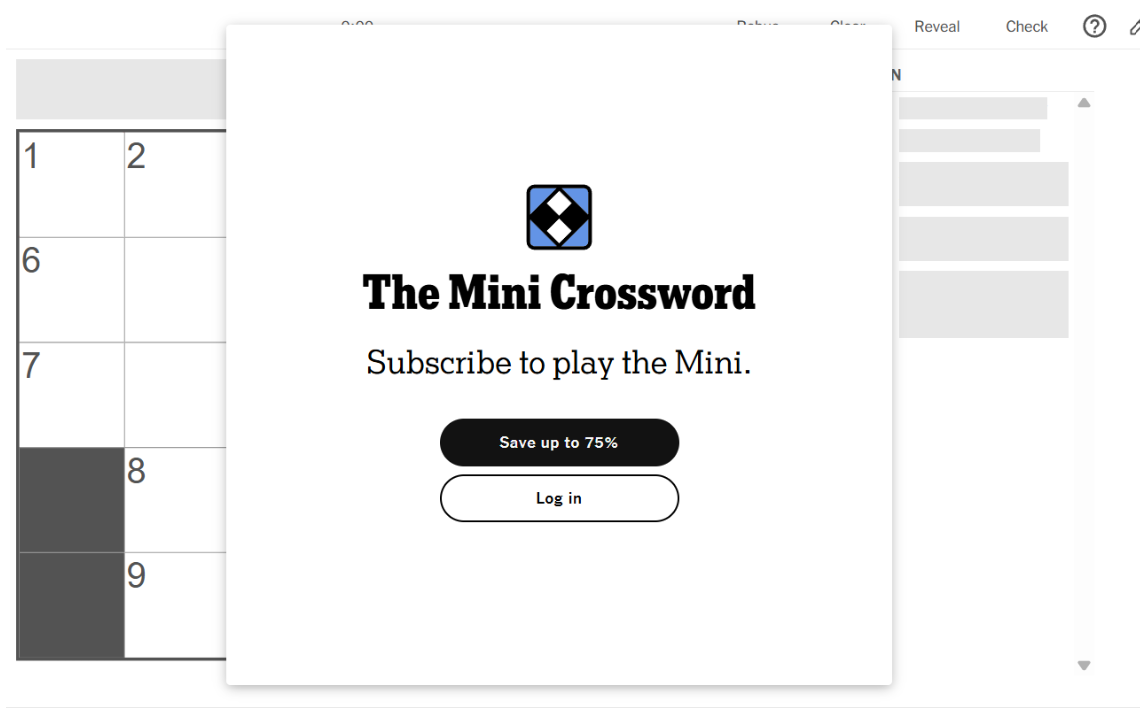







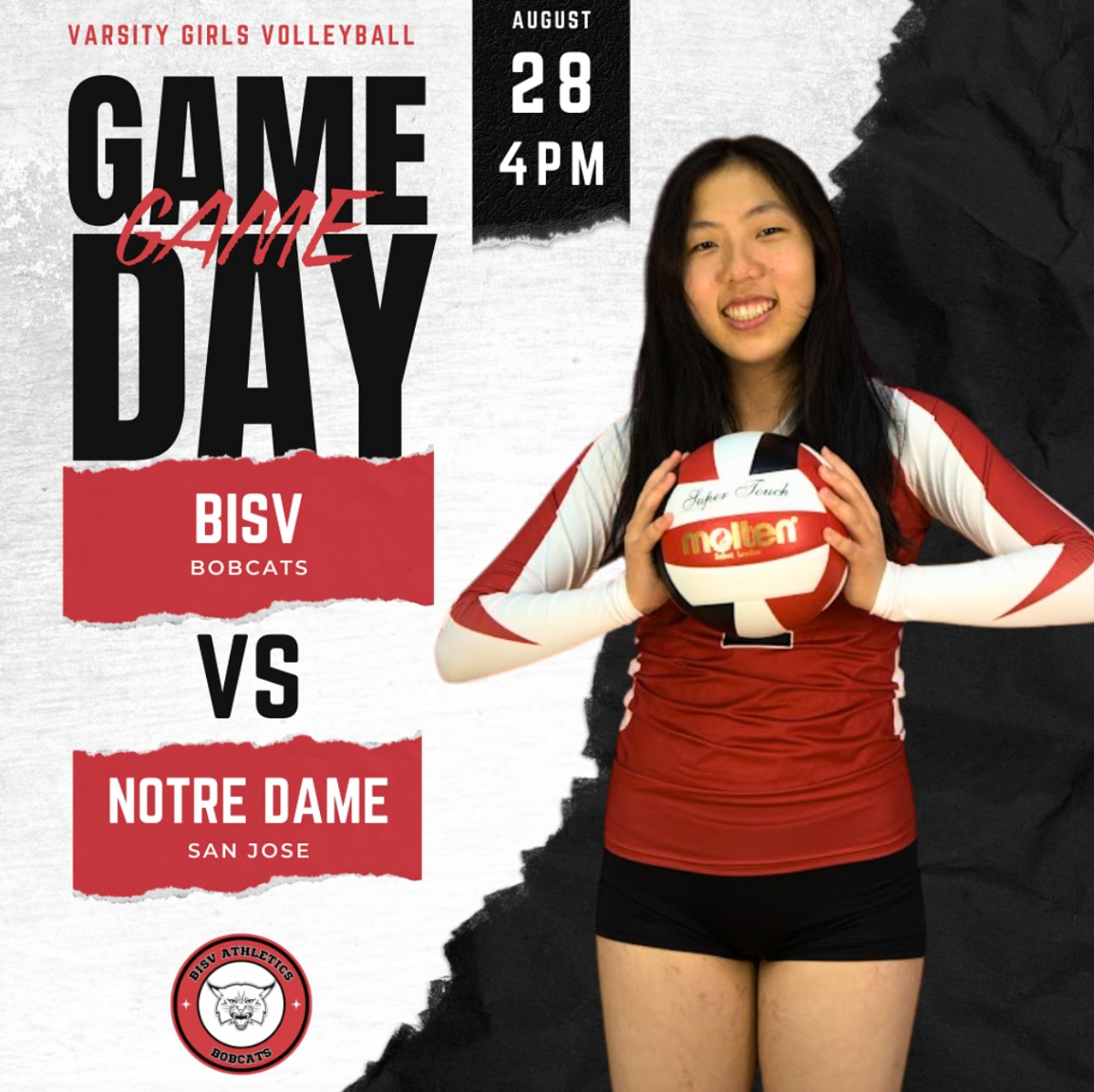
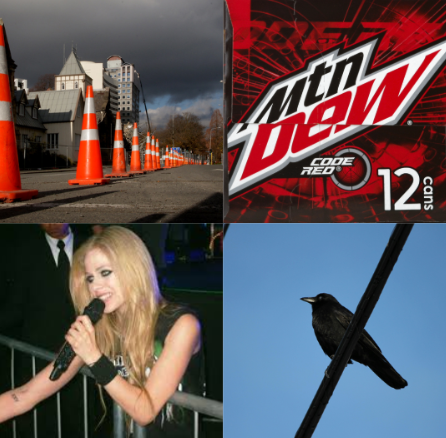
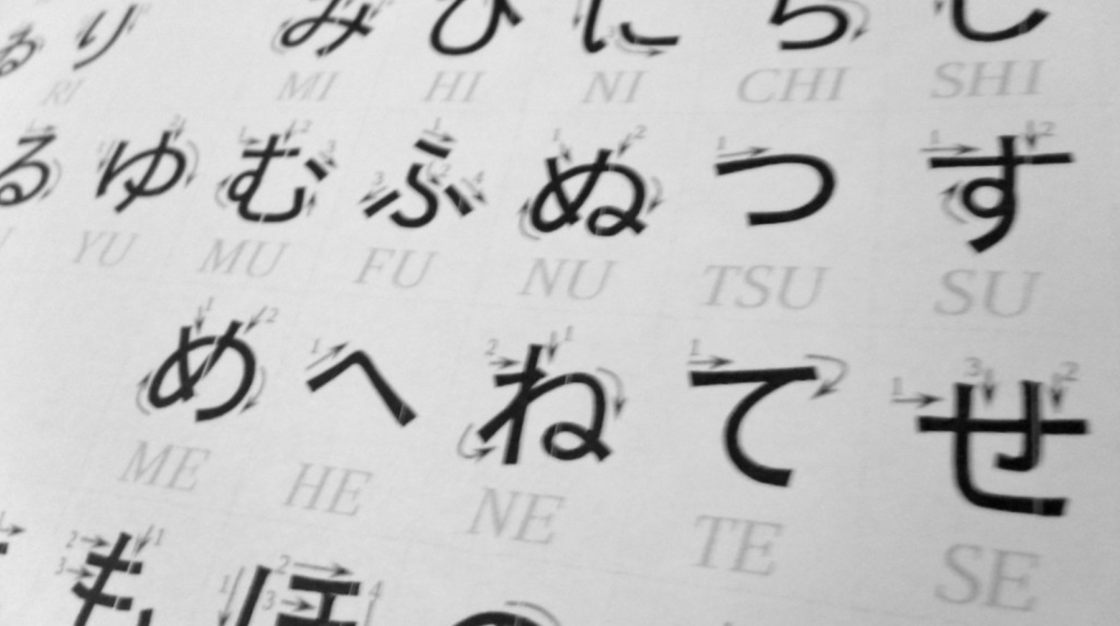
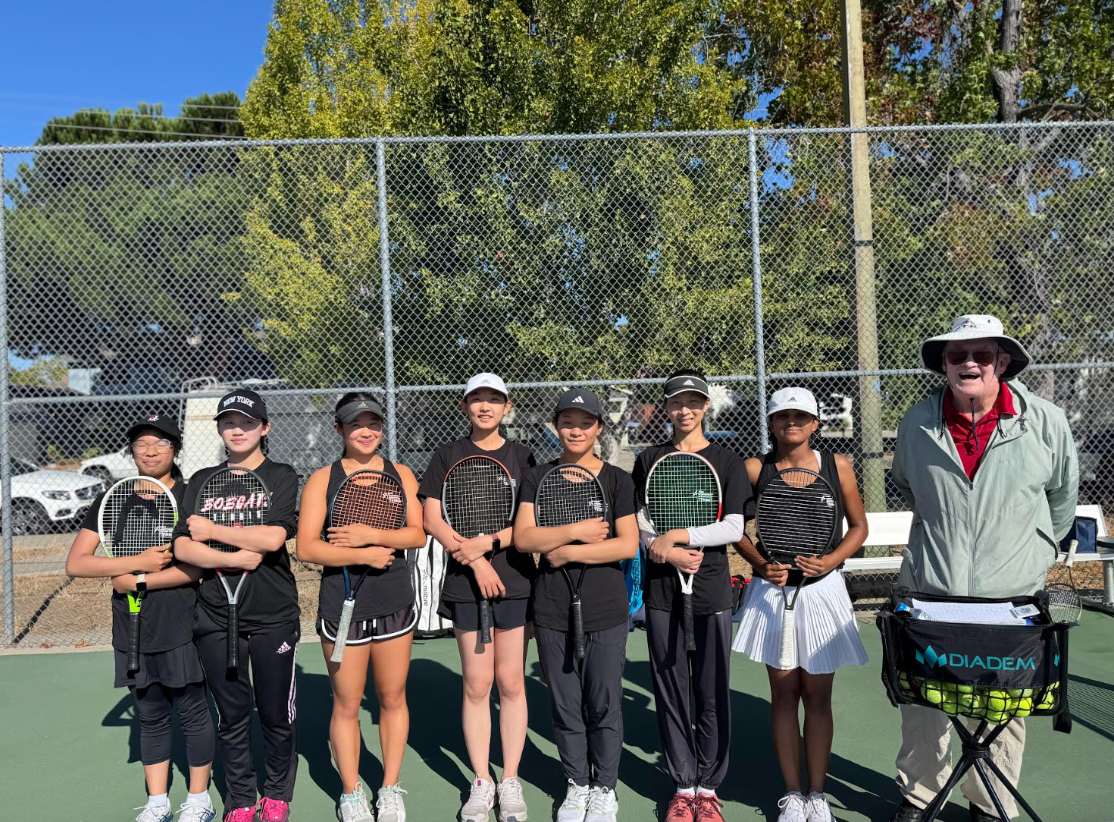





![Teacher [Milk] Tea: Part 2](https://bisvquill.com/wp-content/uploads/2024/03/Screen-Shot-2024-03-19-at-9.28.48-PM.png)










